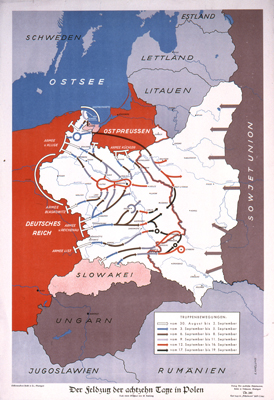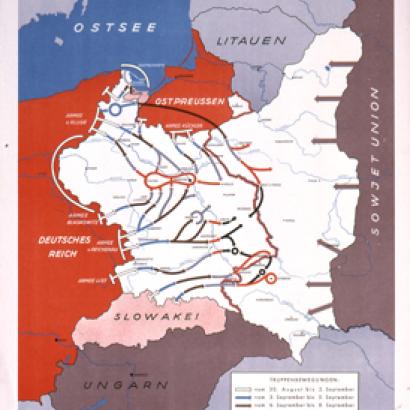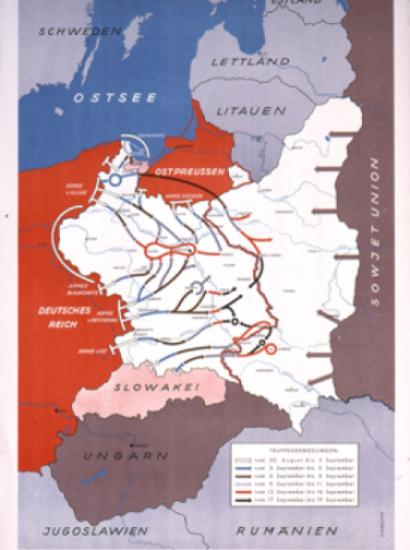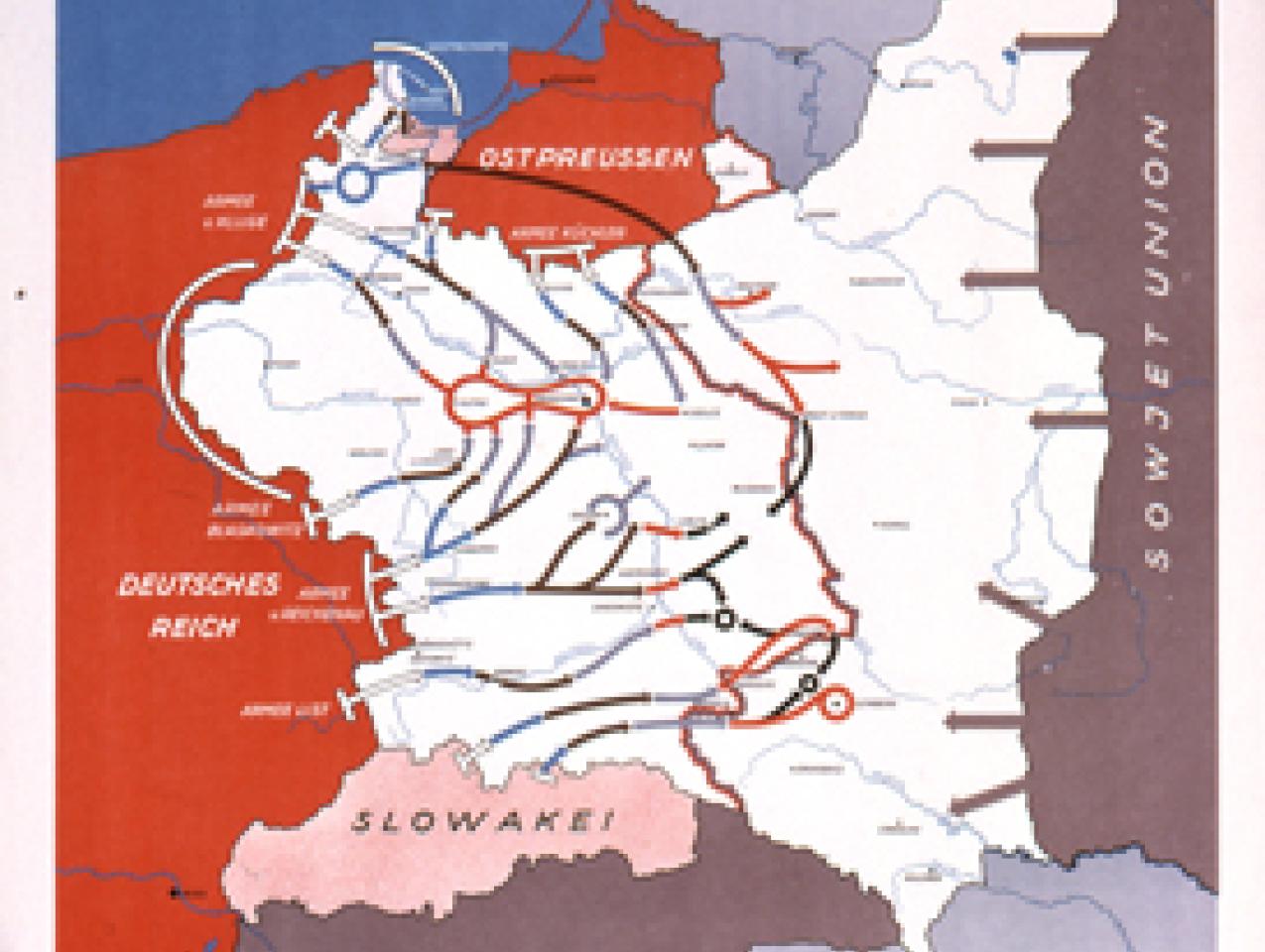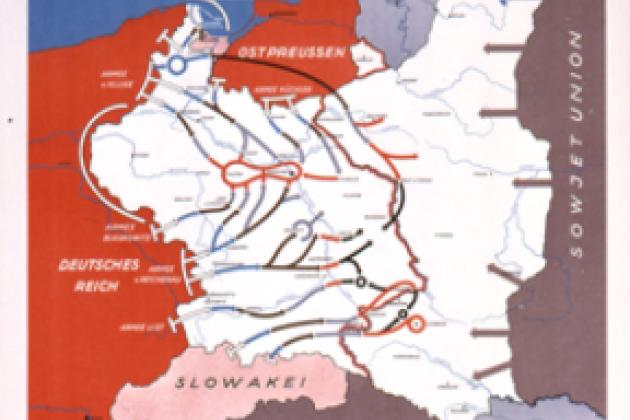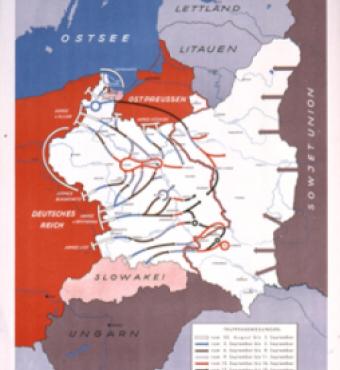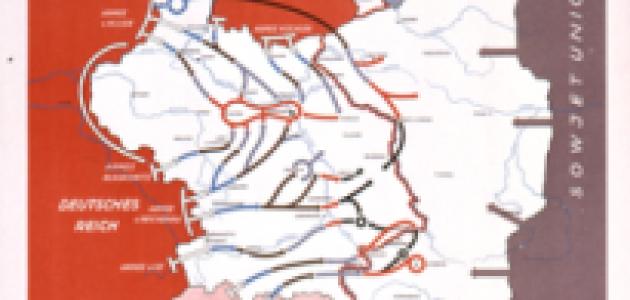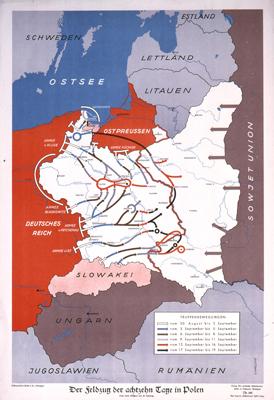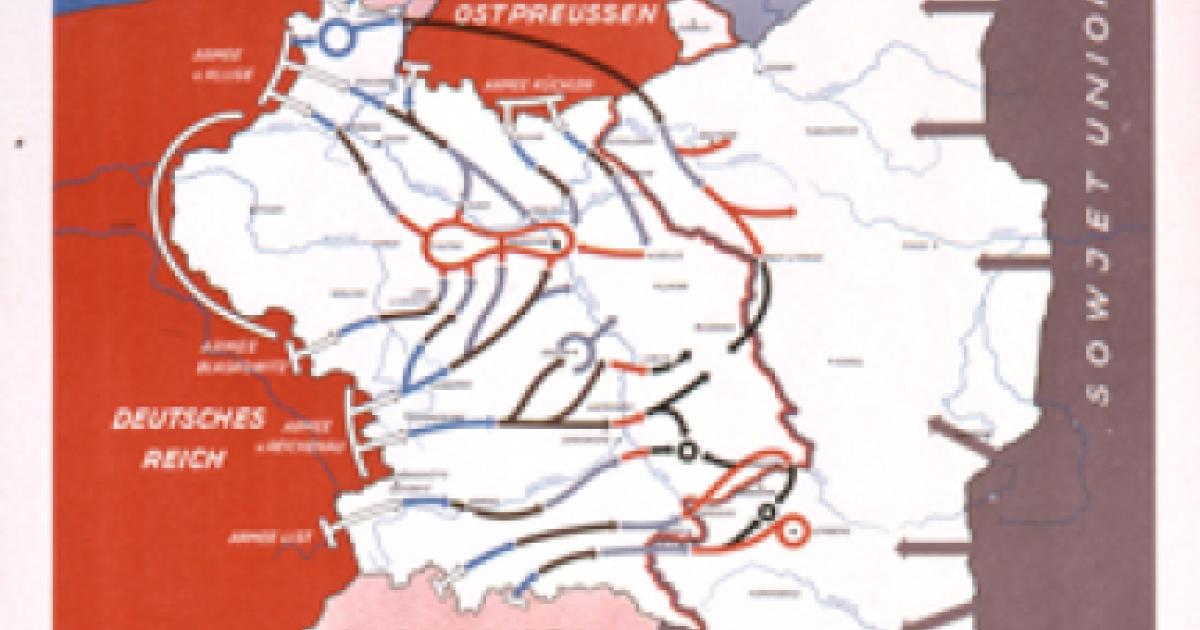- History
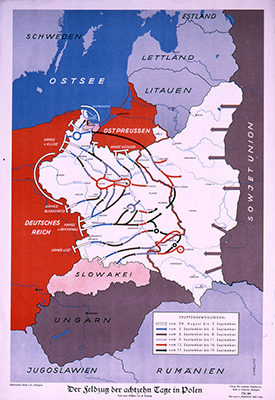
On August 1, 1944, the Polish Home Army rose against Warsaw’s German occupiers. The Soviet Red Army, in force on the Vistula’s eastern bank, had told the Poles that it would attack the Germans as soon as they rose. Instead, the Russians stood by as the Germans killed virtually all 16,000 Polish fighters along with some 200,000 civilians, and destroyed old Warsaw. Germans and Russians faced each other at that location consequent to the Molotov–Ribbentrop Pact of August 1939, in which the two had effectively jointly erased Poland from the map. Nor was this the first time the two countries had done this. In August 1772, Prussia’s Frederick the Great had persuaded the Russians and Austrians to join in the first of the three partitions of Poland that eliminated the country de jure until after WWI.
Given the very different character of German and Russian statesmen in the eighteenth and twentieth centuries, it makes less sense to attribute Russia’s and Germany’s deadly collusion against Poland to mean-spiritedness than it does to note that Russians and Germans have abiding reasons for composing their differences at an intermediate neighbor’s expense.
In our time, the Polish people’s acute awareness that their geographic/ethnographic predicament is permanent has led them to seek the United States’ guarantee of their independence and territorial integrity. No country lobbied more intensely than Poland for a place under NATO’s Article 5 umbrella. Today, Poland so wants a permanent U.S. military presence that talk of providing a hypothetical “Fort Trump” with golden toilets exaggerates only a little.
But the logic of geography and ethnography is such that it overrides America’s military options as well as its sympathies. Whether Russia were or were not interested in subduing Poland militarily is beside the point. More important, if Russia did attack, whatever forces the United States might bring to the Niemen River’s western bank would not only be grossly inferior to Russia’s. Even without Russia’s interference, those forces could fight and survive only if Germany were wholly committed to opposing Russia on Poland’s behalf. The chances of that are zero.
Despite massive U.S. pressure, Germany has refused to weaken its dependence on Russian gas. German investment in Russia continues to mount. Chancellor Merkel’s personal antipathy to Russia is increasingly unpopular in Germany. Poland is ever less so. Vladimir Putin goes out of his way to court Germany. The German government, strongly backed by public opinion, is the United States’ chief opponent with regard to Iran. Were the U.S. to support Poland against Russia, German opposition would be even greater.







